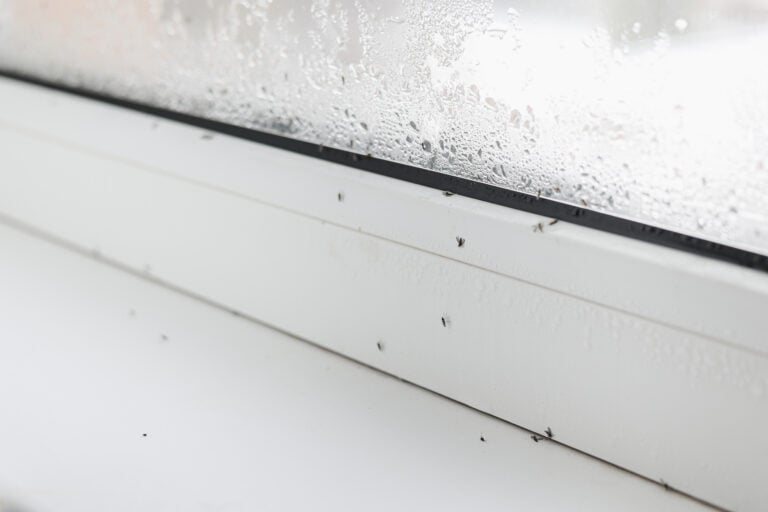(913) 232-8016
Kansas City
(816) 293-2727
St. Joseph
Kansas City
St. Joseph

Many homeowners assume that pest problems disappear in winter, but that isn’t the case. While colder temperatures slow some insects, many pests actively seek warmth, food, and shelter inside homes during the winter months. Understanding which pests are most likely to invade can help you prevent infestations and protect your property.
Common Winter Pests
Rodents: Mice and rats search for warmth and food, often nesting in attics, basements, and wall voids.
Spiders: Cold weather drives spiders indoors, where they can build webs and hunt other insects.
Cockroaches: These pests thrive in warm, moist areas like kitchens, bathrooms, and crawl spaces.
Ants: Some ant species remain active inside homes if they can find food.
Why Pests Enter Homes in Winter
Pests are motivated by the same things homeowners are during winter: warmth, shelter, and access to food. Even small cracks, gaps, or poorly sealed vents can allow easy entry.
Preventing Winter Pest Problems
Seal cracks and gaps around windows, doors, and foundations.
Store food in airtight containers and keep counters clean.
Remove clutter and debris that could provide hiding spots.
Schedule a professional pest inspection to identify and treat potential problem areas before infestations start.
Even during the coldest months, pests are still active. Professional winter pest control ensures your home stays pest-free all season. Contact us today to schedule an inspection or treatment plan.

© 2025 Pete’s Pest Control—All rights reserved—Privacy Policy —Product Labels and SDS